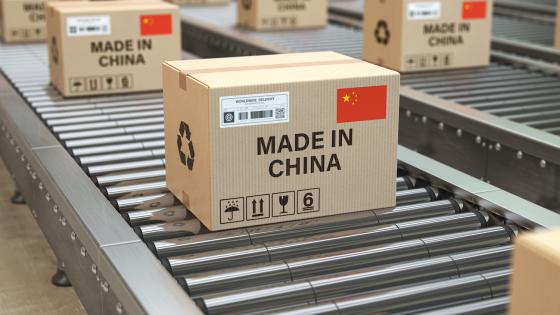DP3321 Weightless Machines and Costless Knowledge: An Empirical Analysis of Trade and Technology Diffusion
This Paper examines the impact of imported technologies on productivity for a sample of developing and transition countries in Central and Eastern Europe and in the Southern Mediterranean. These economies are getting more and more integrated to the European Union.
The Paper departs from earlier studies of international technology diffusion as it focuses on the technology embodied in the machines imported. Earlier works had mostly focussed on spillovers of foreign R&D conveyed through trade, without controlling for the characteristics of the goods imported. The Paper jointly estimates the choice of foreign technology and its impact on domestic productivity for a set of manufacturing sectors. The technological level of the machines imported is proxied by an index relating the unit value of the machines imported by a given country to the unit value of the same machines imported by the US. The Paper finds a constant and even increasing gap between the unit value of the machines imported by the US and the machines imported by our sample of developing countries. It shows that this gap is significantly persistent and that it is higher the lower the level of GDP of the importing country. The empirical analysis also finds that productivity growth in manufacturing depends positively on the type of machines imported in a given industry. Consequently, although the choice of developing countries to buy cheaper and less sophisticated machines is optimal, given relative factor prices and their endowments of technology, this choice has a cost in terms of long-run productivity growth.


